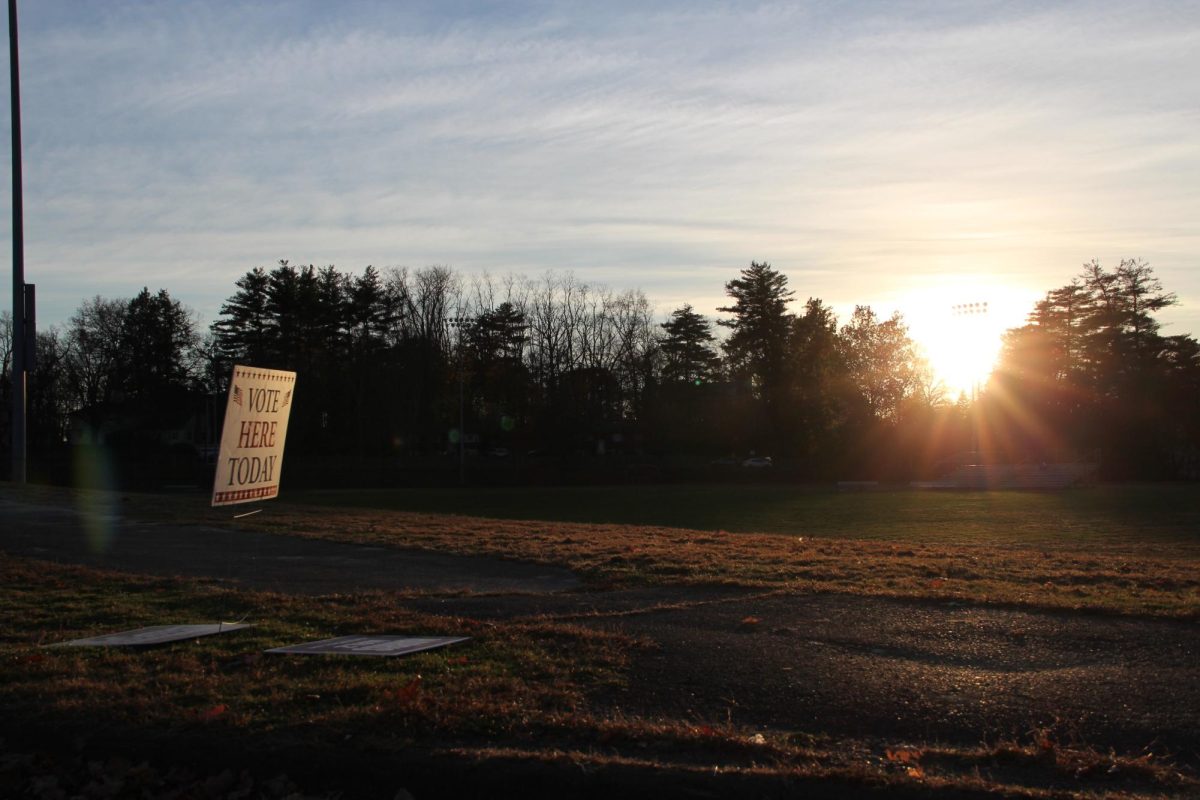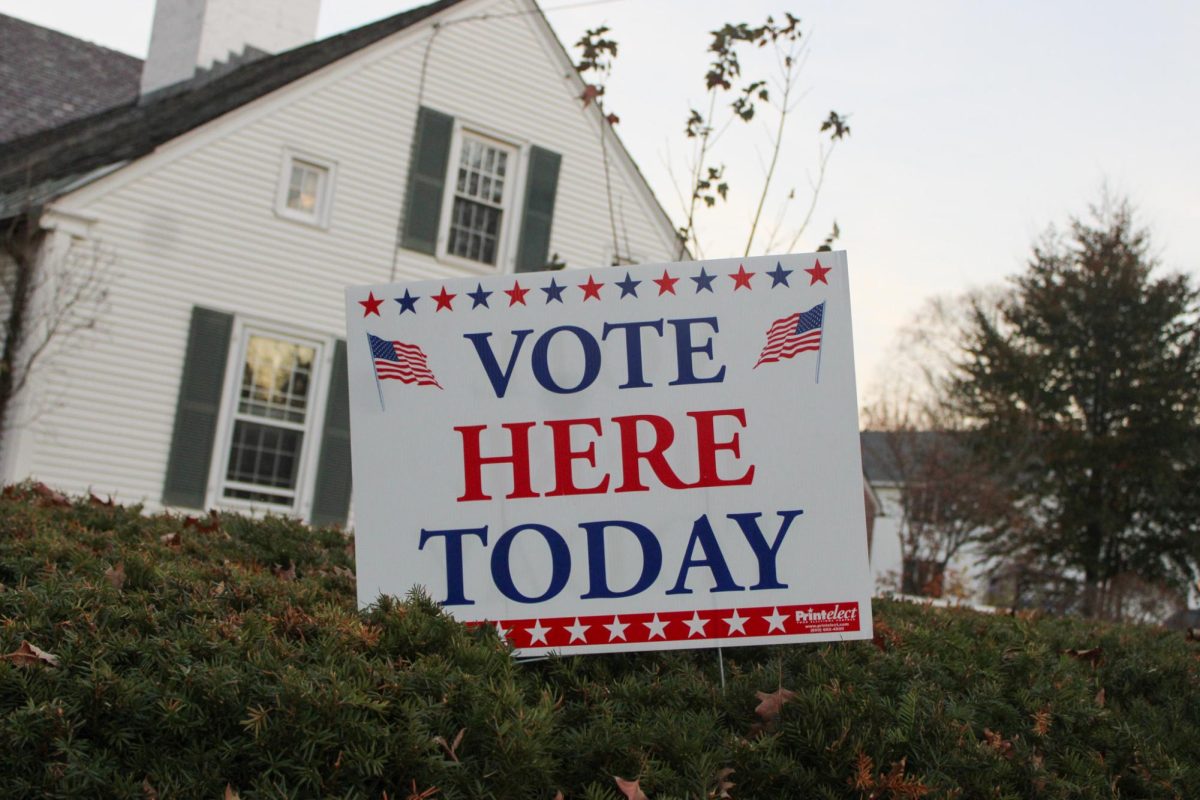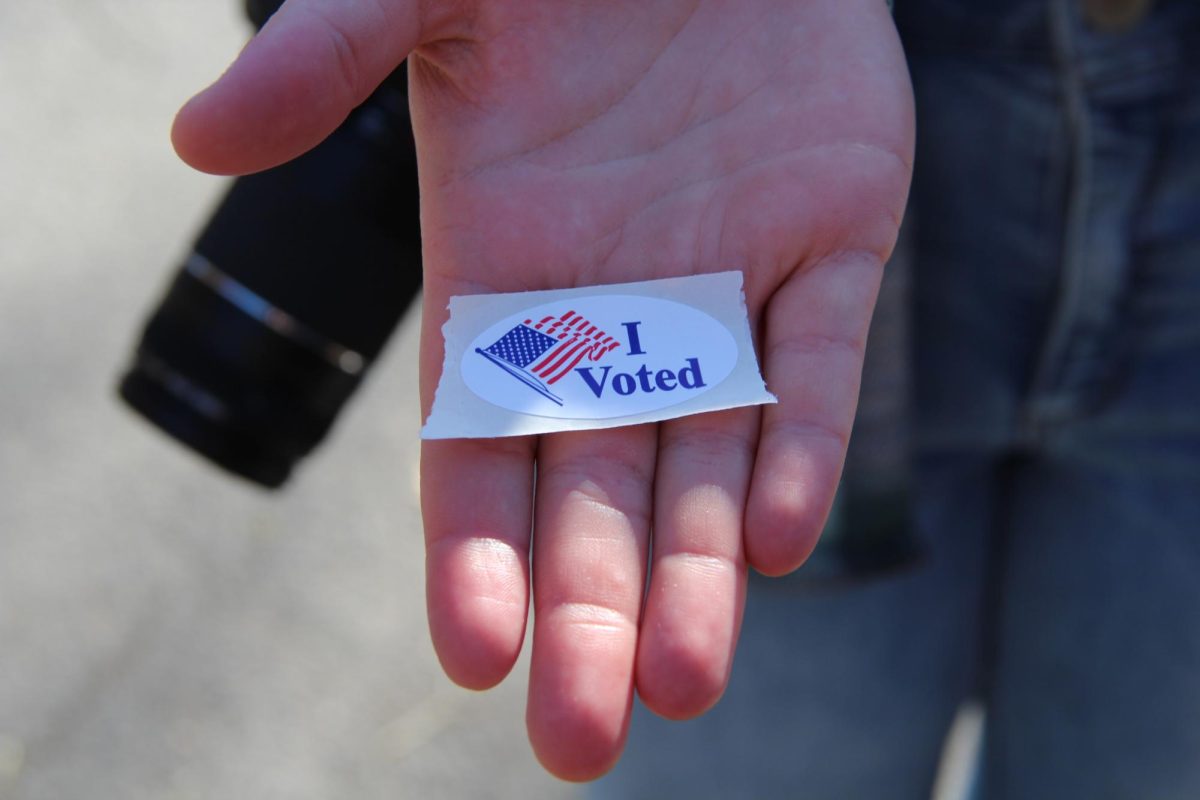Ask a friend or classmate if they are going to vote. Somewhat frequently, the response will be a resounding “No.” Amongst the dozens of reasons, one stands out: young adults do not feel like their government works for them. We are losing trust in our government and falling victim to widespread cynicism. According to the Institute for Citizens and Scholars, 35 percent of young adults do not feel informed enough to participate, only 48 percent intend to vote in the upcoming election and 57 percent are dissatisfied with the government.
So why should we vote? Why should we get involved?
The “Big Dig”
As you drive south on I-93 in Boston, you are led under the city through the Thomas “Tip” O’Neill tunnel. Tip, standing at six-feet-four-inches, was a bear of a man. He was the larger-than-life Speaker of the House from 1977 to 1987 and a Congressman from Massachusetts from 1953 until 1987. He was known as Regan’s foil in Congress, the “tax and spend” liberal tamping down the “Reagan Revolution” that had taken hold across the country.
The son of an Irish bricklayer, O’Neill grew up in a working-class Cambridge neighborhood. While O’Neill was a student at Boston College, he ran for city council in Cambridge, and lost. When Tip spoke to a longtime neighbor on Election Day, she expressed her dismay that he had not asked for her vote.
Tip had forgotten his roots and neglected his neighborhood. This was the last election he lost, because he never forgot the adage that he came to popularize, “All politics is local.”
The Tip O’Neil tunnel is a testament to this philosophy. Before its construction, the Central Artery cut through the middle of the city, polluting neighborhoods and jamming up traffic for miles. The “Big Dig,” as it is known today, proposed demolishing the Central Artery and moving I-93 underground and expanding I-90 to the airport through an underground tunnel. This engineering marvel was one of the most challenging and expensive infrastructure projects in American history, totaling over 24 billion dollars.
When the state came to O’Neill for support and necessary federal funding, his primary concern was the residents of East Boston. One single angry phone call would derail the entire project. Just one, angry East Boston resident possessed enough power to derail a multi-billion-dollar project.
The dirty work
It is hard to convey just how important constituent feedback should be to our legislators, given the current climate. In past summers, I have had the privilege of working with my local legislators as an intern, working alongside the constituent service director. It was there where I was exposed to the arduous work of legislating. There were countless phone calls and emails from angry constituents about issues as small as trash collection, to issues as big as war in the Middle East. The office also hosted office hours at local senior centers, where any constituent could come in and discuss any issue regarding the state.
Constituents would bring any issue they could to us. On one occasion, a man sought our help in suing the state for the closure of his business twenty years ago. It was two hours of my life I would never get back, but he left with a smile. On another occasion, a couple came in to advocate for their daughter who had certain developmental disabilities. After a fruitful conversation, I was tasked with researching their concerns and the viability of the policy they were advocating for. This became a bill that passed, and expanded wheelchair warranty protections. What started as a simple conversation with a concerned constituent became a law protecting people with disabilities across the Commonwealth.
Empty rooms and Avon perfume
In high school, I worked for the City Clerk’s office in my hometown. Amongst my responsibilities was working the polls on election day. During the municipal elections in 2021, we had contested both school committee and city council races but most importantly, our long-time mayor was facing a rare opponent. Expectations were high and we were bracing for a busy day at the polls, but I should’ve prepared for 14 slow hours of torture instead. My day started at 6 A.M, assisting the clerk at the six separate polling places around the city. Voting would begin at 7 A.M and finish at 8 P.M. I grabbed my warden book and waited for people to come in, yet no one came. The odd straggler would come in occasionally, but my day was occupied by conversations with retired ladies and the smell of strong Avon perfume. The few voters who did come in were almost all over the age of 65 and overwhelmingly white. In a city with a significant number of non-white residents and young people, not a single voter in the municipal election represented that large cohort.
This is not an isolated case. In 2021, Boston Mayor Michelle Wu was elected in a historic first for the city, but only 30 percent of voters participated. In 2023, the City of Worcester claimed “strong” voter turnout during that year’s municipal election, yet turnout was only 22 percent. To put things into perspective, Massachusetts voters have voted at around 75 percent during presidential elections and 60 percent during midterm elections.
In towns, the situation is only more dire. Massachusetts towns are structured under the traditional town meeting form of government, where local citizens meet and form the legislative body of their local towns. According to research published in the New England Journal of Political Science, residents who attend town meetings were older white homeowners who represented, on average, just 1.2 percent of a town’s population. Can we call this a democracy, when one percent of the population controls an entire local government?
This only deepens the inequalities young people are most affected by. Young adults today are leaving this state in droves, citing housing as the main cause. Massachusetts has some of the highest home prices in the nation, and yet it is a problem that could be fixed at the local level, through these town meetings. Zoning laws, building permits and subsidies are all issues that are dealt with at the local level. If more housing is to be built, cities and towns must adapt their regulations to encourage development. But when older, white and wealthy homeowners are the only people reaching out to their legislators, voting in elections and attending town meetings, they are the only ones with a voice in these big decisions. These residents tend to oppose housing development, and they make sure their legislators and town executives are aware of this opposition.
What should I do?
If I were to ask who your state representative is, would you know? What about your state senator? Who represents you on your city council or select board? Who is your mayor or town manager?
Find out and when you do, reach out! Have an issue with the state? Call your state representative or state senator. Is there a pothole in your road? Call your city councilor or selectman and let them know. Are you worried about the direction your town is headed in? Attend your town meetings, attend city council meetings, join local boards and commissions, have your voice be heard where it is most impactful.
We have a functional and healthy representative democracy: don’t fall victim to the easy cynicism that is so readily available these days. Citizens are allowed to yell, complain and ask questions to the people they elected. Your legislators are accountable to you, so use that power. If one phone call could have stopped a 20-billion-dollar highway project, imagine what else you can do.
Samuel Cavalheiro can be reached at [email protected], or at his twitter @samcavalheiro1.




















